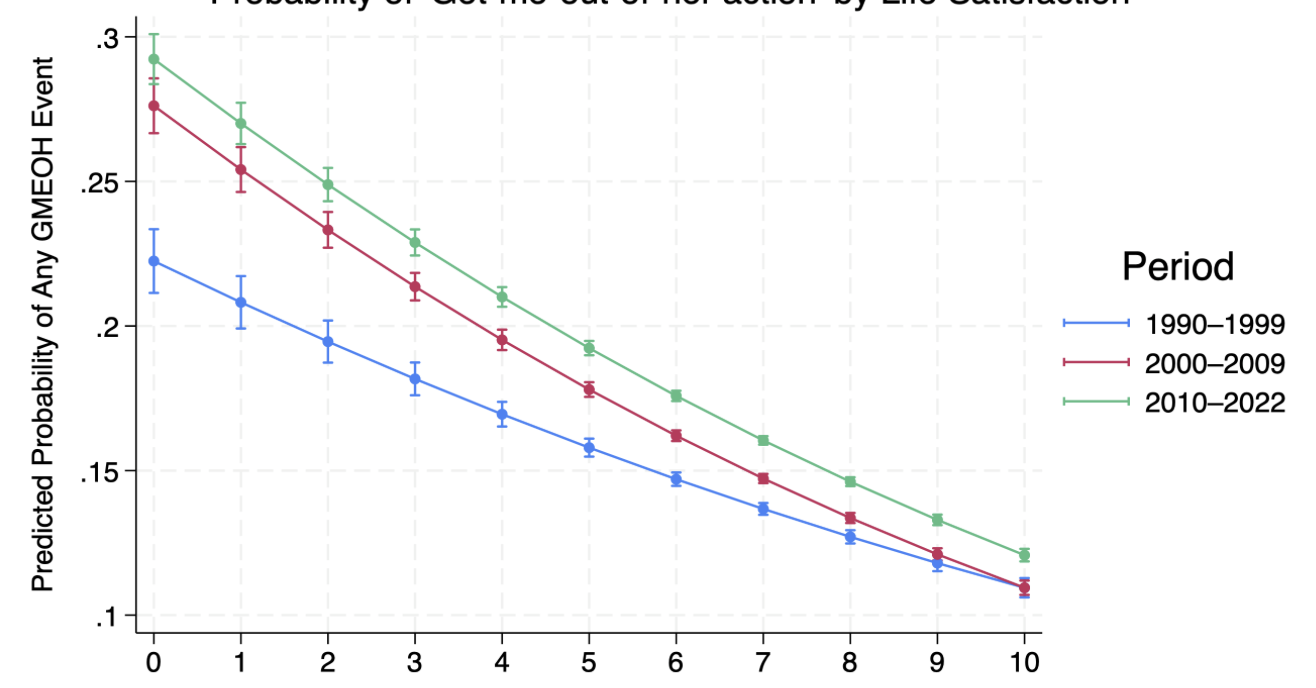EA Global has a new referral program
One of the EA Global Team’s goals for 2025 is to increase attendance at EA Global conferences. EA Global (EAG) events are often highly valuable for attendees— helping them explore and pursue impactful career paths, connect with collaborators, and stay engaged with the EA community. As a result, we think that increasing the number of people who attend is one of the most effective ways to improve the overall value of the conferences.
To help us achieve this goal, we’re launching a referral program.
How it works
If you know someone who might be a good fit for EA Global, you can encourage them to apply by sharing your personal referral code or referral link (found in the My Account section of the EA Global portal). Applicants can enter this code during the application process, or it will be entered automatically if they apply via the link.
If the person is accepted and it’s their first time attending EA Global, the referral will count toward your total.
We’ve set up a small selection of rewards to recognize and thank people who are helping us grow the EA Global community. We also hope this will serve as a gentle prompt—encouraging a few more people to actively think about who in their networks could benefit from attending an EA Global event.
Note: You'll need an existing account to access your referral code details. If you don't have one, you can easily create one via the links above.
Referral rewards
These rewards (designs coming soon) are intended as small tokens of appreciation, not as financial incentives. You can earn one or more of the following depending on how many people you successfully refer:
- 1 referral = Sticker
- 5 referrals = Pin
- 10 referrals = Printed t-shirt
- 20 referrals = Printed hoodie
Referrals accumulate across application cycles and do not expire. Rewards are based on accepted applications from first-time EA Global attendees. EAGx events do not count toward referral totals.
We plan to distribute rewards at upcoming EAG events. If you’re not attending in person, we’ll follow up afterward to arrange shipping.
Why we’re doing this
A significant proportion of EAG attendees report hearing about the event through a friend or colleague. In 2024, 31% of applications came through personal referrals. We believe that thoughtful recommendations from trusted sources can lead to high-quality applications and help bring in people who might otherwise not have considered applying.
We’re particularly interested in referrals that surface applicants with significant relevant domain expertise, or that help people take their next steps toward high-impact work.
Questions or feedback?
If you have any questions, suggestions, or thoughts about the referral program, feel free to comment here or email us at hello@eaglobal.org.
We hope this helps us grow the EA Global community in a thoughtful and sustainable way—and we appreciate your support in making that happen.
The EA Global Team



Interesting, I've lived in Haifa my whole life and never heard of it.